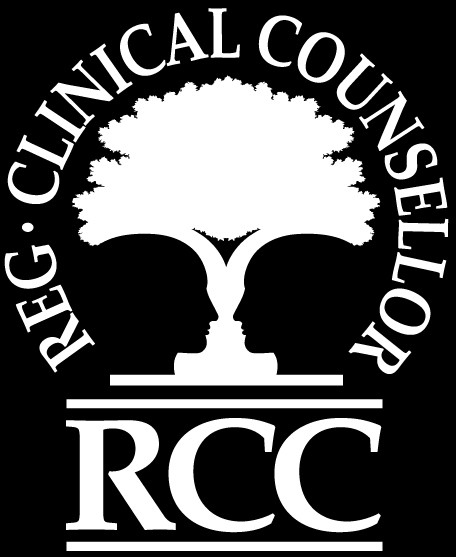 Part of being human means that we experience feelings of nervousness and worry in response to important events and stressful situations. However, those anxieties can leave us feeling vulnerable and distressed; and when these worries repeat themselves, get worse, and start to create patterns of fear, discomfort and chronic avoidance – it’s time to get help.
Part of being human means that we experience feelings of nervousness and worry in response to important events and stressful situations. However, those anxieties can leave us feeling vulnerable and distressed; and when these worries repeat themselves, get worse, and start to create patterns of fear, discomfort and chronic avoidance – it’s time to get help.
Anxiety affects our thoughts, our behaviours, our emotions, and can trigger physical sensations and physiological responses. Treatment is effective, and the tormenting symptoms of anxiety do not have to get in the way of your dreams and goals.
Although anxiety often co-exists with other struggles such as depression, addiction, sleep difficulties, learning disabilities, eating disorders, and medical problems; many people experience anxiety on its own.
Anxiety disorders are the most common type of psychological health issue, with 1 in 4 Canadians experiencing an anxiety disorder at some point during their adult life. There are many different kinds of anxiety disorders each with the potential to have debilitating effects of the person experiencing it. Some examples of anxiety disorders include:
Generalized anxiety disorder is the most extensive of the anxiety disorders that 3% of people will experience in any given year, and with a lifetime prevalence of approximately 5%. Individuals with GAD find themselves always thinking about the ‘what ifs’ and the worst case scenarios; and worry about everyday things without anything specific to provoke it.
Social anxiety disorder is thought to be the most common of the anxiety disorders with up to 13% of people experiencing it at some point in time in their lives. Social anxiety disorder is not the same as ordinary shyness; rather it is ‘excessive shyness’ and the person feels very uncomfortable, tense, anxious and even panicked before, during or after social interactions. Often the person will start to isolate themselves and avoid social situations; which over time has the potential to create significant problems with employment or other important activities in a person’s life.
Post traumatic stress disorder is a cluster of distressing symptoms that occur after a person has witnessed or survived a traumatic event and / or events. The impact of the trauma can result in nightmares, irritability, distractibility, flashbacks, depression, anger, being easily startled and / or feeling numb and empty. Vicarious trauma is often seen in caregivers or people who work with or support individuals who have experienced trauma; and has similar symptoms to PTSD.
Panic disorder affects approximately 4-5% of the adult population, and results in the person experiencing repeated episodes of intense fear also known as anxiety or panic attacks. These attacks often include shortness of breath, dizziness, nausea or digestive discomfort, chest pain, heart palpitations, strong belief that one is dying and / or losing touch with reality. An estimated 20 – 25% of people with panic disorder will also experience agoraphobia, which is an intense fear of being in a situation from which they cannot escape or in which they will not be able to get help. This can severely impact a person’s life as they may be unable to work, go to school, attend appointments or accomplish daily tasks.
Obsessive compulsive disorder can be a very uncomfortable cluster of symptoms, which result in the person repeatedly experiencing unwanted thoughts, images, ideas or impulses, resulting in tremendous feelings of anxiety, shame, and guilt (obsessions). Individuals experiencing obsessive compulsive disorder can also feel forced to engage in very rigid routines and patterns of behaviours or thoughts in order to try and reduce their anxiety and stress (compulsions).
The potential impact that anxiety can have on a person’s life is devastating; however, it doesn’t have to be. Studies show that therapy is highly effective. Getting connected to a qualified and experienced counsellor that you feel comfortable with is the key to getting your life back from anxiety.
At Summit Counselling, we’re here to help you. Call us today for a telephone consultation to get to know us, ask questions, and most importantly find the counsellor you feel comfortable with.

